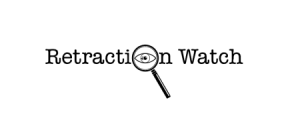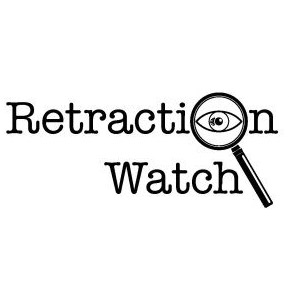 Dear Retraction Watch readers:
Dear Retraction Watch readers:
Have you seen our database of retractions?
While we’re still putting finishing touches on it before an official launch, with more than 18,000 retractions, it’s already the most comprehensive collection of retractions anywhere. We have learned a great deal as we’ve gathered those retractions, which we look forward to sharing quite soon, along with ways that the database can help cut down on waste in research, but — and this is key — it has been painstaking work.
Because of how scattered, incomplete, and sometimes even wrong retraction notices are, every retraction must be located, double-checked, and entered by hand. That means all 18,244, at the time of this writing — and growing every day. Our researcher spends much of her time curating the database, assisted at various points by a small army of terrific librarians, graduate students, and others interested in cleaning up the literature.
As you can guess, this effort requires resources. We have been fortunate to have this and other work funded by generous grants over the years, going back to 2014, but those grants have ended. We are always in discussions with past and potential funders — and would be grateful to hear suggestions on that front — but as is the case for most non-profits, our future depends on maintaining sufficient financial support. We’re therefore asking you to consider a tax-deductible financial contribution to our parent non-profit organization, The Center For Scientific Integrity. Continue reading Retraction Watch readers, we need your help to be able to continue our work



 Dear Retraction Watch readers:
Dear Retraction Watch readers: Retraction Watch readers may have noticed that over the past year or so, we have been making an effort to obtain and publish reports about institutional investigations into misconduct. That’s led to posts such as one about a
Retraction Watch readers may have noticed that over the past year or so, we have been making an effort to obtain and publish reports about institutional investigations into misconduct. That’s led to posts such as one about a  Our readers will likely know that the site has been having significant trouble for more than two weeks. Thanks for your patience, your offers to help, and for sticking with us during that time. We’re happy to say that we seem to have identified all of the various issues involved, and have solved them. Some of those fixes may mean that you’ll need to resubscribe to our email alerts, so keep reading (or skip over the vaguely technical stuff in the next few paragraphs if you’d rather).
Our readers will likely know that the site has been having significant trouble for more than two weeks. Thanks for your patience, your offers to help, and for sticking with us during that time. We’re happy to say that we seem to have identified all of the various issues involved, and have solved them. Some of those fixes may mean that you’ll need to resubscribe to our email alerts, so keep reading (or skip over the vaguely technical stuff in the next few paragraphs if you’d rather).